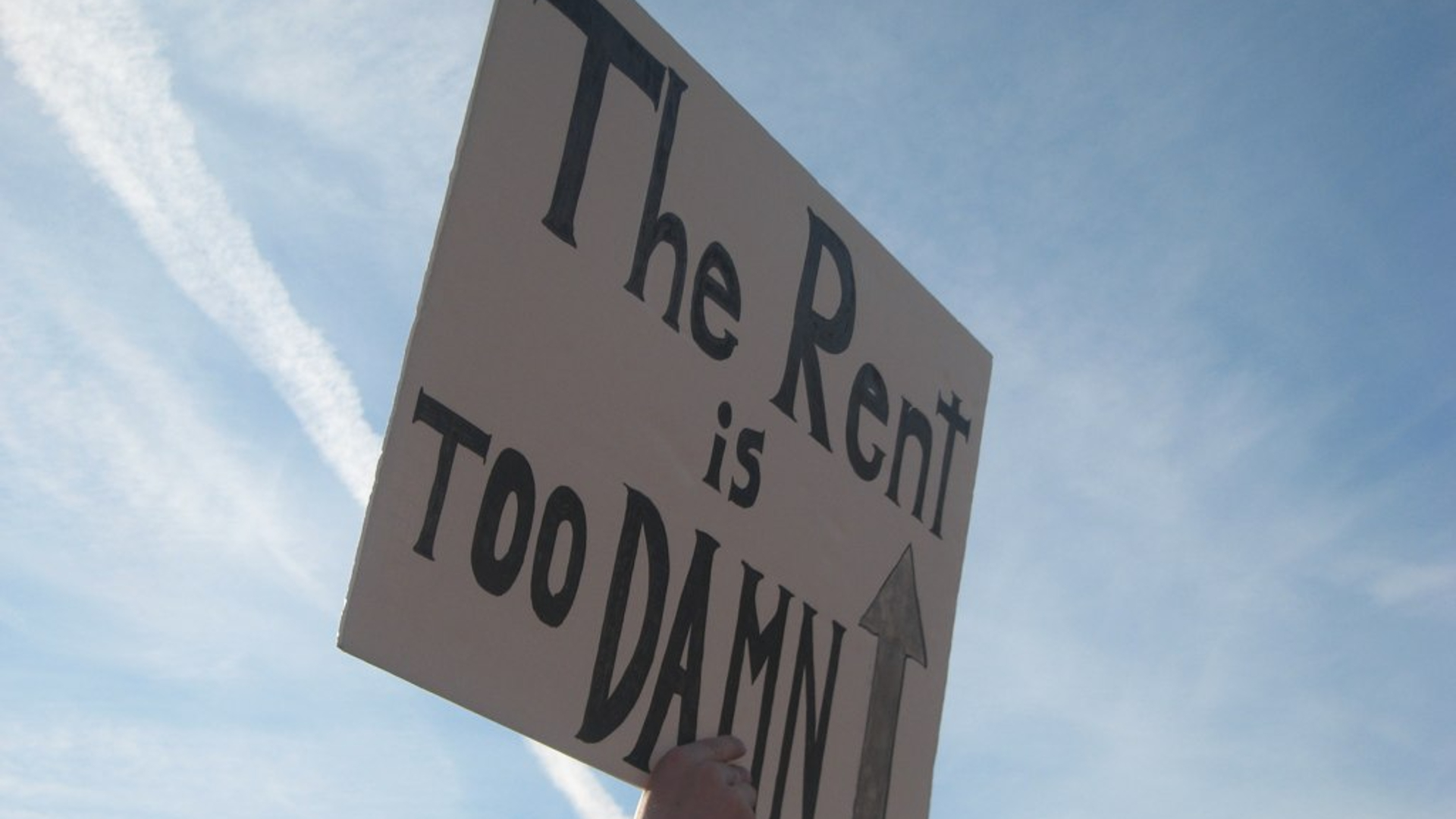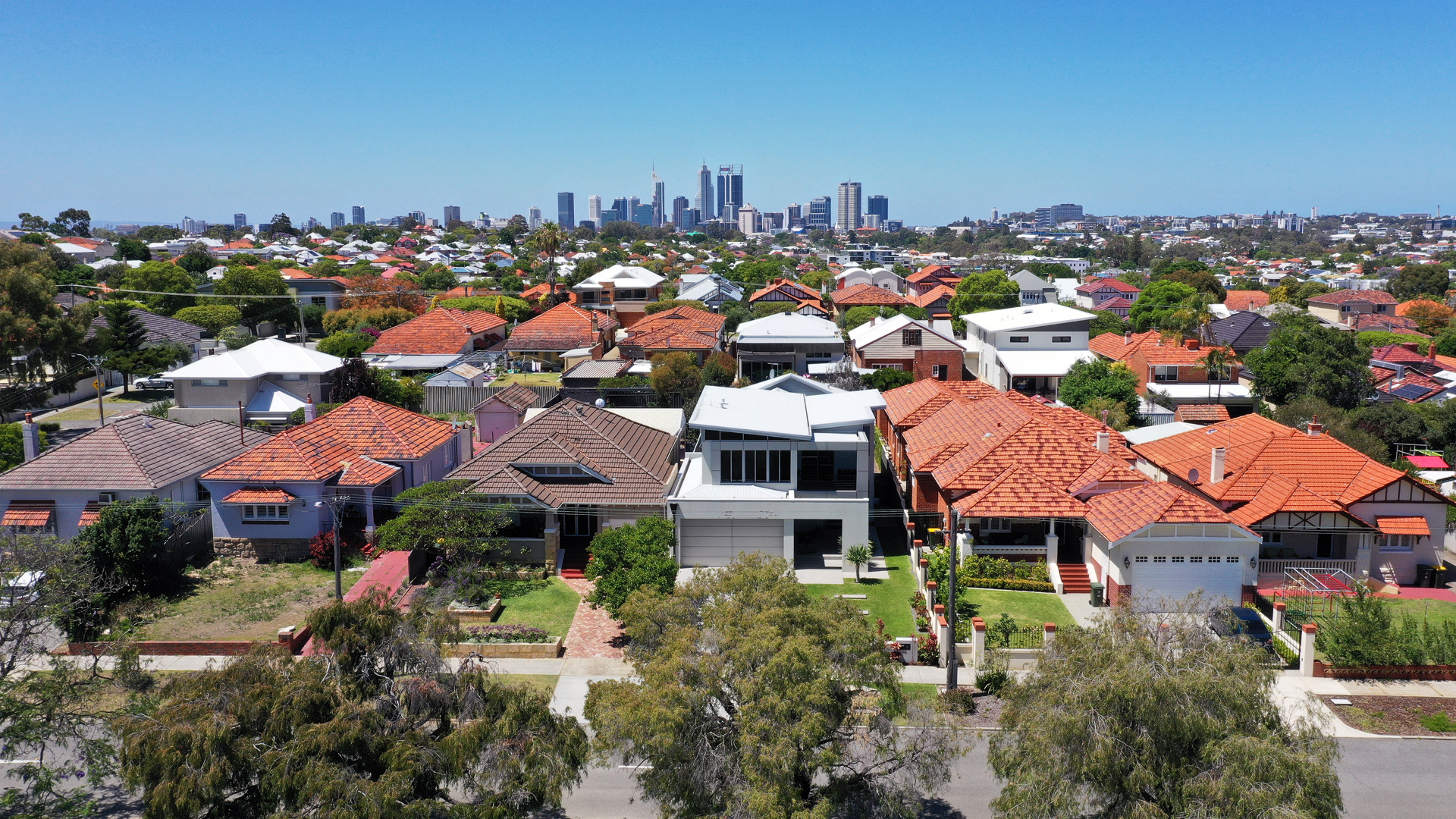Tag: affordable housing


A new Vancouver development shows what’s possible when housing is deregulated
January 12, 2024 | Post
Sen̓áḵw is a $3-billion, 11-tower real estate development in Vancouver, set to be built on Squamish Nation reserve land. The project, named after the ancestral territory the Squamish people were removed from in 1913, is a sustainable village developed in partnership with Westbank.
The example set by the Sen̓áḵw development project shows us what we could have in other places too, if only the state — and the NIMBYs whose interests they serve — would step aside and let progress unfold.

Unmasking the true force behind the housing crisis
December 21, 2023 | Post
For the first time since the Great Depression, a majority of young adults in the U.S. aged 18-29 live with their parents.
The intensifying housing crisis across the United States and worldwide is a pressing concern, particularly for Millennials and Gen Z, who are often priced out of getting their own place for far longer than what has been the norm for previous generations.
Such a crisis inevitably prompts a blame game. But who or what is really to blame?

Despite regulatory barriers, 3D-printed houses can revolutionize the construction industry
December 20, 2023 | Post
What if we could revolutionize transportation to make it not only faster but also more sustainable? What if we could create educational systems that are not only more accessible but also tailored to individual learning needs?
Or, how about building new homes in a matter of days, at a fraction of the cost?
ICON Technologies is able to do just that — if not for regulatory barriers.

A foot in the door? Australia’s real housing crisis, exposed
February 22, 2023 | Post
Housing affordability has become a plague on Australia’s economy, and government policy here has ensured that no matter what happens, people — especially the least well off — will continue to get hurt. Let’s take a look at the reasons behind Australia’s housing crisis…

NIMBYs vs. affordable housing
January 10, 2023 | Post
Uncover how NIMBYism is driving the housing crisis, as residents use the power of the state to restrict development and reduce housing supply. Learn how this phenomenon is exacerbating affordability and accessibility issues for many individuals and families…

Why millennials should want lower taxes
September 20, 2022 | Post
Lower taxes are known to contribute to long-term economic growth, and after enduring so many economic setbacks, this would be the best chance millennials have of being able to secure a brighter future.
Repealing the Law of Supply and Demand?
March 17, 2016 | Post
With all the excitement of the 2016 presidential election ramping up, it’s even more important to think critically about proposed government policy. Not only are voters biased, they’re often swayed by policies which sound good, but which don’t always have good results. Randal O’Toole, a policy analyst at the Cato Institute, illustrates the careful balancing […]

